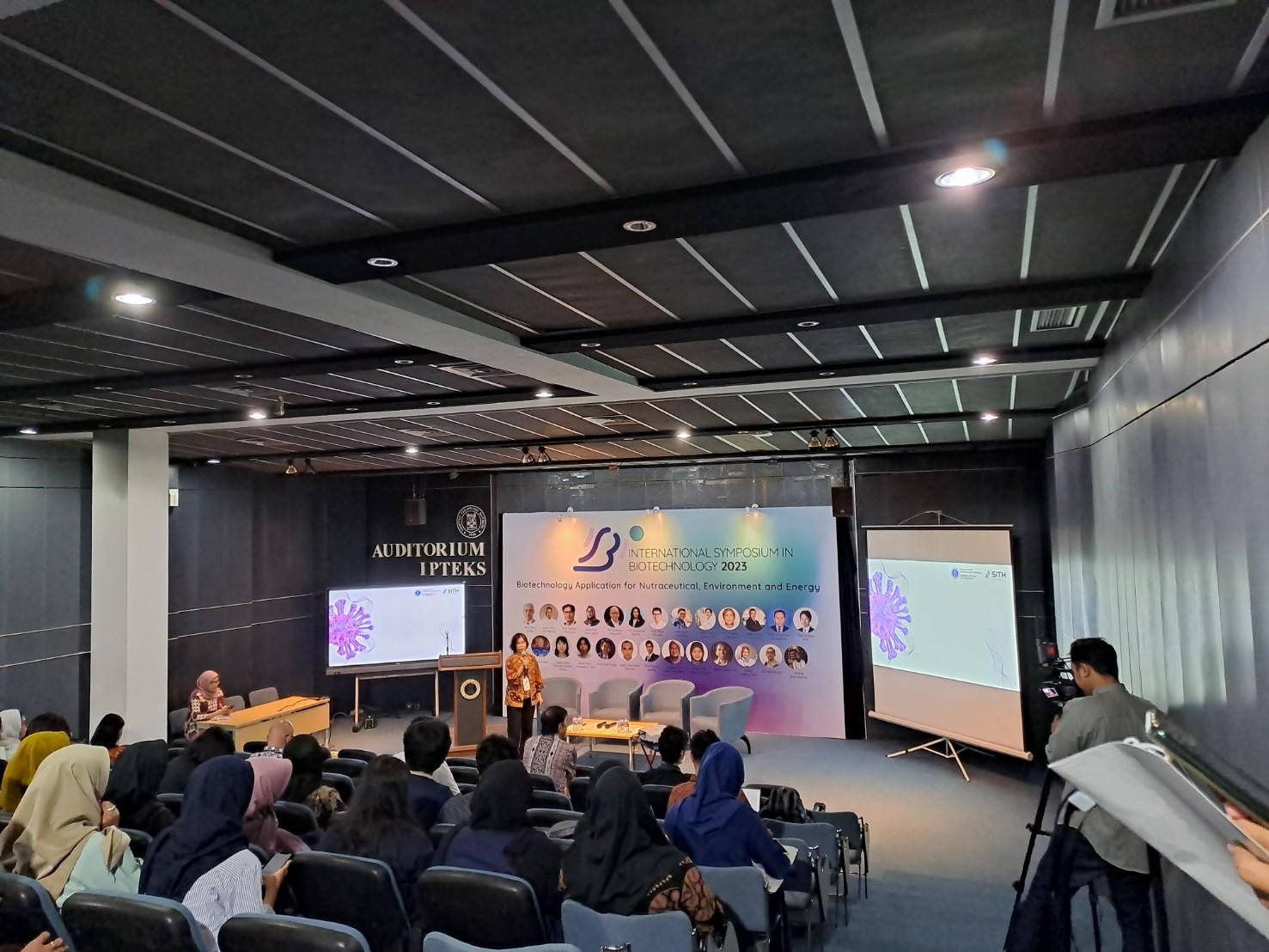

Kamarisima
increasingly rapid population growth Today it provides a big challenge for efforts to provide world food. The threat of the world's food crisis shadowed the world in 2050. The World Food Agency, FAO, estimates that there will be world food scarcity in 2050 due to an increase in the world population which is predicted to penetrate the 9 billion inhabitants. Likewise with domestic conditions, the population growth rate that penetrates 200 million causes its own problems in meeting food needs, if there is no good and optimal effort then it is not impossible that the outbreak of food crisis can also occur in Indonesia.
Efforts to meet food needs have been carried out by the government and individuals. Efforts made in order to realize food security that surrounds five main concepts, namely: Food Availability (Food Availability), Food Access (Food Access), Food Utilization, Food Stability, Nutritional Status (Nutritional Status). & Nbsp; span>
Technological developments, especially microbial biotechnology, have produced many benefits that can help Indonesia to answer the challenges above. The development of microbial biotechnology technology in the nutritional field is not only limited to developments in Indonesia as well as in various other developed countries such as Japan. The application of microbial biotechnology in answering challenges related to food security includes, the standardization of controlled fermentation, the development of aquaculture cultivation with a sustainable system, improving the quality of food products using fermentation, the production of material or functional metabolites of food that is not consumed. However, at this time community understanding related to this technology is still not much socialized. Previously, various training had been widely carried out related to the application of microbial biotechnology in increasing food security, but nothing was done with a centralized and comprehensive. In addition, this activity was also carried out based on the request of the community that were spread more than two regions in Indonesia. Activities will be carried out centrally in Bandung and Hybrid to facilitate public access. Community service activities have been carried out in several series of activities starting from training in making fermented food in Rancakalong District, Sumedang, West Java; Implementation of scientific discussions (talk shows) and also fermented food exhibitions; The implementation of the International Symposium in collaboration with Osaka University.
Carry out training and education to the public about the management of local food based on fermentation; Provide knowledge of the development of microbial biotechnology applications in the world today; Provide education training in the role of food and fermentation of stunting
1. Providing public knowledge and introduction about the application of fermented food processing in food security 2. Providing training and skills for farmers' mothers to make a Fermented Metan-based business 3. Add networking or networking of cooperation between all members of the BM KK and Osaka University in terms of research and community service 4. Adding a collaboration network with government and local agencies for the use of microbial biotechnology applications